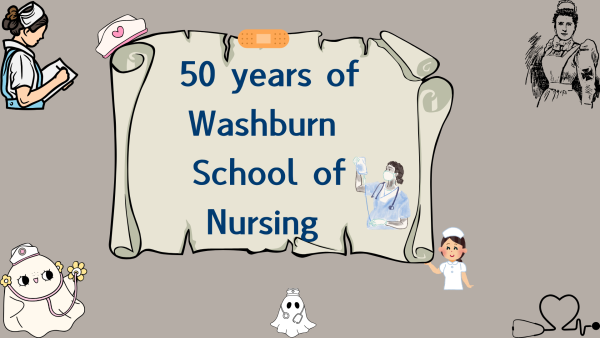The debate between woman versus female
Changing perception and increasing recognition of the distinctions between sex and gender identity necessitates a lexicon that allows us to accurately describe what, or who, we’re discussing. It is imperative to be mindful of the language used when referring to groups of people.
As our understanding of sex, gender and other related ideas change, so does the language used to talk about them. New words are adopted and old ones discarded; meanings are revised for the modern lexicon. As we continue to learn, the way we use language changes.
Historically, the words “female” and “woman” or “women” were used interchangeably and with little controversy. But changing public sentiment has left many questioning the social implications of referring to women as “females.” These terms have similar meanings, so what’s the issue?
Each respective denotation offers insight as to why so many people regard “females” as a semantically derogatory alternative to “women.”
“Female” is an adjective used in scientific contexts to denote the ability to bear young or produce eggs according to Merriam-Webster. This is a biological classification that doesn’t acknowledge anything except reproductive capabilities. In a laboratory setting, it’s necessary to emphasize this as an important characteristic of the subject. However, when referring to human beings, using “female” as a noun can be dehumanizing.
“Woman,” on the other hand, is a noun that refers to adult human females. This definition explicitly recognizes “human” as a co-requisite to being a woman. While anything can be a female, only humans can have the status of “woman.” This is acknowledging that a particular type of female has personality, dreams, thoughts and ideas— all the things that make humans, human.
Moreover, the way “female” is used outside of biological or clinical contexts rarely adheres to modern grammatical standards. Adjectives function as modifiers to nouns (the purple shoe, the tired man) and can’t stand alone without a subject to describe.
However, language and the way we use it are highly dynamic. Flexible linguistic rules allow adjectives to become nouns all the time.
The biological connotations associated with “female” present a rather reductive view of what it is to be a woman. It suggests that biological sex can be conflated with gender identity, a notion rejected by modern science. It also highlights a single extrinsic quality of womanhood that only perpetuates this outdated idea.
Given all of these considerations, it is essential to be mindful of the language and to reflect on it often.
Edited by: Rakesh Swarnakar and Simran Shrestha
Your donation will support the student journalists of Washburn University. Your contribution will allow us to purchase equipment and cover our annual website hosting costs.















Joe • Mar 25, 2024 at 3:37 pm
While the term woman is a human female, a lady on the other hand is a woman with class…… not PHDs or tiaras, but one with humility, kindness, and good manners.
George • Mar 11, 2024 at 10:37 am
This so-called “modern science” is ridiculous and false. Gender and sex are interchangeable and always have been, because they are the same. Female is not a derogatory term, and neither is male. Both just used depending on the context. For example, I am male by biology, and the term Man or woman are just used for a different purpose or different setting. People need to quit getting offended about everything, and thinking new ways to get annoyed over nothing. The old saying making a mountain out of a molehill. Gender is not a social construct, and I don’t care how many so called experts decided it is from their own bias. Gender / sex are the same and are not fluid. I agree with Richard’s comment below. The word female is not derogatory, so quit trying to be the thought police. We all know the real agenda behind that.
Heidi • Jun 4, 2024 at 10:58 pm
Well, it FEELS derogatory for women, when I hear men talking about ‘females’, it seem just wrong… like they see as us vaginas on legs. In fact, if on a date and a man talks about ‘females’ rather than using the word women, I get super turned off and he isn’t likely to get to a second date. AND we must remember, it’s not great grammar and NEVER HAS BEEN to say ‘female’ in the context where a noun is required, and that particular noun is the word ‘woman’
Richard • Sep 4, 2023 at 6:56 am
A woman is a female human. If a boy or man feels more feminine than masculine, that is more of a personality attribute or in some cases a mental issue (likely with additional factors involved). This isn’t that difficult, and it’s too bad this has been politicized so much with the focus being more on idealogical alignment rather than reality.
Billy Bob Joe • Mar 18, 2024 at 5:14 am
I prefer the idea of calling a Male a Male, and Female a Female…
This removes and disarms the listener to retort with, “I am a woman/man”
Yes, maybe, But definitely and without doubt, you are still Male/Female… Biology always wins! Nature always wins!